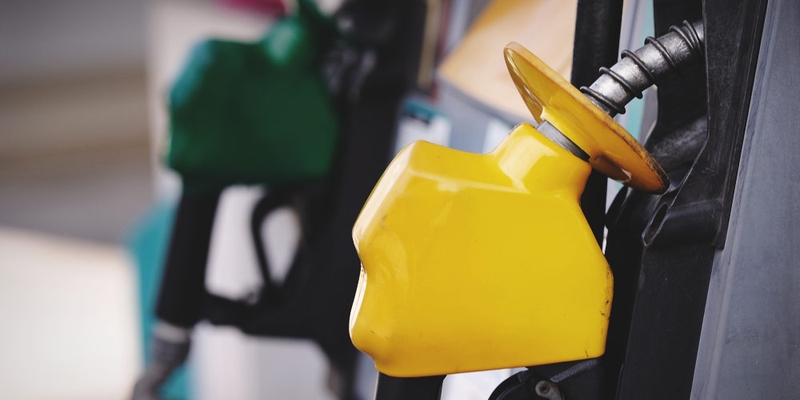
If you are not redirected within 30 seconds, please click here to continue.
Samedi: 10h – 16h HAE

If you are not redirected within 30 seconds, please click here to continue.
If you are not redirected within 30 seconds, please click here to continue.
Does auto insurance cover gas theft?

With the high price of gas, everyone is keeping a sharp eye on the pumps. And no one wants to waste a drop of fuel.
There have been reports of thieves taking advantage of this situation, so you might be wondering what happens if someone siphons gas from your vehicle. Would your auto insurance policy cover gas theft?
The short answer is yes, says Rob de Pruis, the Insurance Bureau of Canada’s National Director of Consumer and Industry Relations, but it depends on two things: whether you have the right coverage, and the size of your deductible.
“Anecdotally we have been hearing from insurers that they have seen people claiming for theft of fuel from their vehicles, particularly when there's damage to the actual gas tank,” says de Pruis.
Comprehensive insurance covers gas theft
“If somebody comes and siphons off $100 of gas from your gas tank, your insurance will cover it as long as you purchased optional comprehensive coverage,” de Pruis explains. “But it's subject to your deductible. So, if you had a $500 deductible and $100 worth of fuel [stolen], there would be no claim.”
Comprehensive car insurance is optional and provides coverage for non-collision-related perils, such as weather damage, vandalism, and theft.
If the thief simply opened up your tank and siphoned off the gas, that’s one story. However, de Pruis says that people aren’t just stealing fuel — they’re drilling holes into the gas tank. That causes damage to the vehicle in addition to the theft of the fuel. And fixing the damage to the tank is more expensive, which results in a more costly claim.
When does it make sense to make a claim for stolen gas?
There are situations where it makes sense to make a claim for fuel. One example is the farming industry, which may use fuel in bulk.
“Some of these tanks that are in the back of a vehicle can be 200+ gallons, which is almost 800 litres,” says de Pruis. At almost $2 a litre, that can be a significant financial out-of-pocket loss.
Also, he says, it may make sense to make a couple of smaller $100 claims on your insurance policy if you don't have the financial means to absorb those costs. The initial claim may not cause a change in your premium but a second claim could trigger a premium increase.
How to prevent gas theft and tank damage
If you want to lessen your chances of becoming a victim of gas theft, de Pruis says to park in well-lit areas and consider getting a locking gas cap. Thieves are looking for an easy target, so would be deterred by these two options.
Other tips include:
- Parking your car in your garage
- If you don’t have a garage, park it where you know there’s a camera. De Pruis says it may not deter the thieves but you’ll have video evidence of the theft.
- Don’t leave your car available and unattended for long periods of time in parking lots. If you’re travelling for example, don’t leave your car in the park-and-ride at the airport. Use a taxi or ask a friend for a lift.
Finally, if you’re concerned because of an increase in gas thefts, de Pruis says to have that conversation with your insurance representative and have comprehensive coverage added on to your policy if it isn’t already.
Interested in creating content with RATESDOTCA? Contact us at email@rates.ca.
Don't waste time calling around for auto insurance
Use RATESDOTCA to shop around, and compare multiple quotes at the same time.
Get money-saving tips in your inbox.
Stay on top of personal finance tips from our money experts!









